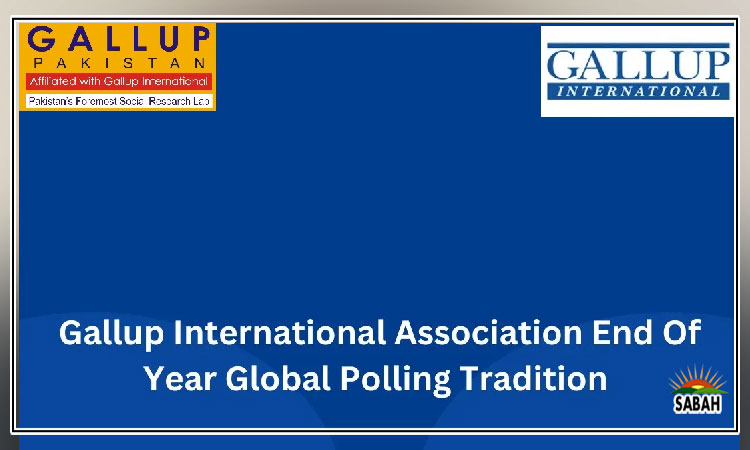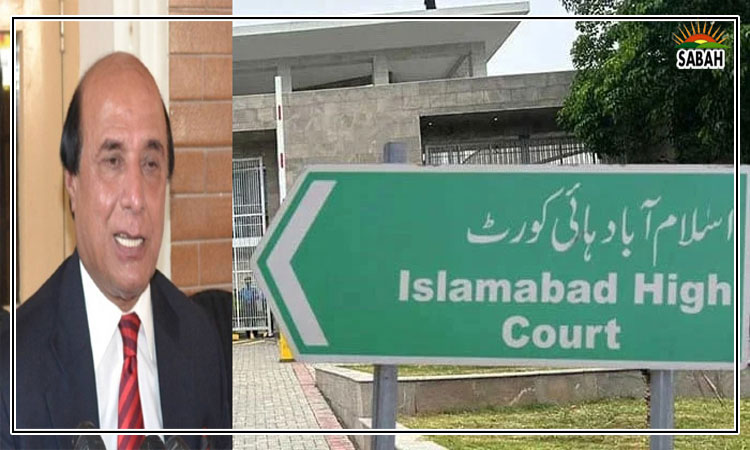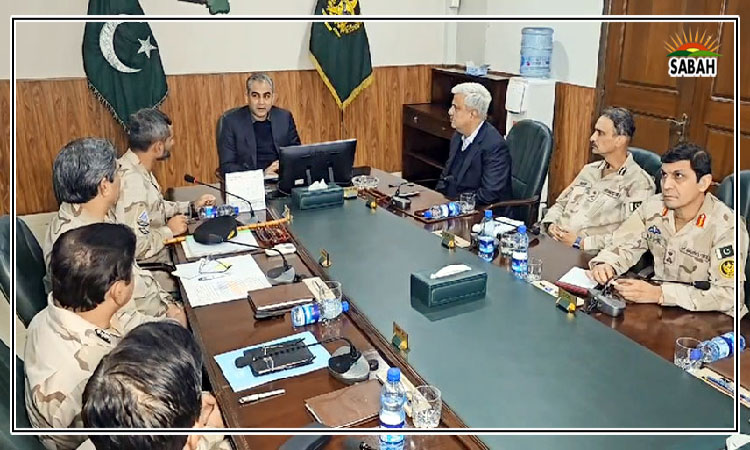Middle East quandary: unravelling the zero-sum equation…Shrouq Tariq
There is an Arabic proverb that translates as Baghdad falls, Damascus stands, and Cairo wins. Beyond its literal meaning, the saying encapsulates a historical lesson and suggests a recurring pattern in the face of foreign invasions in the Middle Eastern region.
Avoiding an extensive historical dive and opting for brevity, leaping to the 1980s proves a judicious approach. Oded Yinon, reportedly a former senior figure in the Israeli Foreign Ministry and a journalist for The Jerusalem Post, penned a consequential article in 1982 titled A strategy for Israel in the 1980s. Yinons work transcended how the creation of Israel is evident with the fall of major cities in the region, which was half way done during the so-called Arab spring. A spring which was more like an autumn for the region.
The only country left behind after the Arab Spring was Egypt which finds itself embroiled in an ongoing struggle with tensions escalating notably after the October 7th attack by Hamas on Israel.
Examining various leaked and unleaked documents challenges the perception of the sudden, unprovoked nature of this attack. The Zionist agendas implementation, aimed at a Jewish state, gained momentum, culminating in the strategic evacuation of Gaza.
A plan envisions partitioning Egypt into distinct entities a Christian state in the north with Alexandria as its capital, a southern Sunni state with Cairo as its capital, and a Palestinian state east of the Nile Delta under Israeli administration. This geopolitical scheme prompts a closer examination of its potential implications amid the intricate dynamics shaping the region.
Recent revelations highlight a leaked Israeli intelligence ministry document outlining a strategic initiative to relocate over a million Palestinians from Gaza to Egypt. The phased plan begins with temporary refugee facilities at the Rafah crossing, extending to refugee camps along the border. The subsequent stage involves constructing an extensive city from Al Rafah to Al Arish, strategically positioned as a buffer zone between Egypt and Israel. This plan aims to reshape geopolitical dynamics by relocating Gazas population to the designated area. As this leaked document comes to light, it prompts a deeper inquiry into the complexities of this proposed strategy and raises important questions regarding its potential implications and broader ramifications on regional dynamics.
An Israeli think tank named Misgav reportedly conducted a research study on Egypts refugee situation, originally intended to remain confidential but subsequently leaked. According to the disclosed report, Misgav contends that Egypt currently possesses an excess of 10 million vacant residential units, proposing the settlement of 1.3 million Palestinians in these available spaces.
In an unprecedented move, Israel and other Western states and loan-granting entities expressed readiness to extend financial aid to Egypt. Israel seeks to actively contribute to Egypts economic stability by helping to repay existing loans, thus culminating in a comprehensive aid package totalling 100 billion dollars.
The unveiling of Misgavs research findings not only adds a layer of complexity to the discourse but also raises critical questions about the motivations behind such a substantial financial commitment and its potential impact on the regional socio-economic landscape.
The October 7th attack, far from being unforeseen, was a deliberate action by Hamas against Israeli territory, undertaken without any expectation of reciprocal gains. Despite the awareness that the outcome would primarily involve civilian casualties, Hamas targeted Kibutz. As a consequence, a substantial number of Palestinians have lost their lives, while Hamas leaders, sheltered in secure underground tunnels, have incurred minimal losses. Notably, influential Hamas figures are reported to be enjoying opulent lifestyles in Qatar, where theyve sought refuge.
Under Washingtons influence, Qatar has been contributing millions monthly to Gaza, with a significant portion allocated for the welfare of needy families. However, Western intelligence indicates that some of the Qatari funds were diverted by Hamas to finance its military activities, as revealed by former Western security officials. This nuanced perspective sheds light on the multifaceted dynamics surrounding the conflict, acknowledging the role played by Israel and the West in the complex web of regional affairs.
The aftermath of the October 7th attack prompted a crucial question: why does Israel not target the perpetrators directly instead of impacting innocent civilians, including babies and women, in Palestine?
The underlying rationale was to support Hamas in governing Gaza with the expectation that it would foster stability and responsible leadership, thereby reducing the likelihood of terrorist activities. However, this approach seemingly overlooked the fact that Hamas is classified as a terrorist organisation.
Former Israeli officials, including Brig Gen Yitzhak Segev, the military governor in Gaza during the early 1980s, have openly acknowledged their involvement in supporting the Palestinian Islamist movement. Segev, in a statement to a reporter of The New York Times, admitted to financing Hamas as a strategic move to counterbalance the secular and leftist factions within the Palestine Liberation Organization and the Fatah party, led by Yasser Arafat, who himself referred to Hamas as a creature of Israel.
This historical context raises questions about events in the Middle East, suggesting a pattern where Israel and the West may exploit regional tensions to bolster their presence in the area. The recent actions of the United States of sending advanced submarines contribute to an atmosphere of heightened concern among Israels neighbours.
For Egypt, the situation in Palestine is not just a matter of regional dynamics but a significant national security concern. Egypt, wary of potential mass immigration from the southern Gaza Strip in the aftermath of renewed hostilities, has taken diplomatic and military measures, reinforcing its border to prevent such scenarios.
In the aftermath of the October 7th attack by Hamas on Israel, history serves as a reminder that there are no clear winners or losers in the context of war, or maybe there will be. Time will tell. But Noble Prize winner Daniel Kahneman says he is worried about the future of Israel from the 1973 Yom Kippur War to date, saying dictatorships that impersonate democracies in reference to Israel.
Courtesy The Express Tribune












